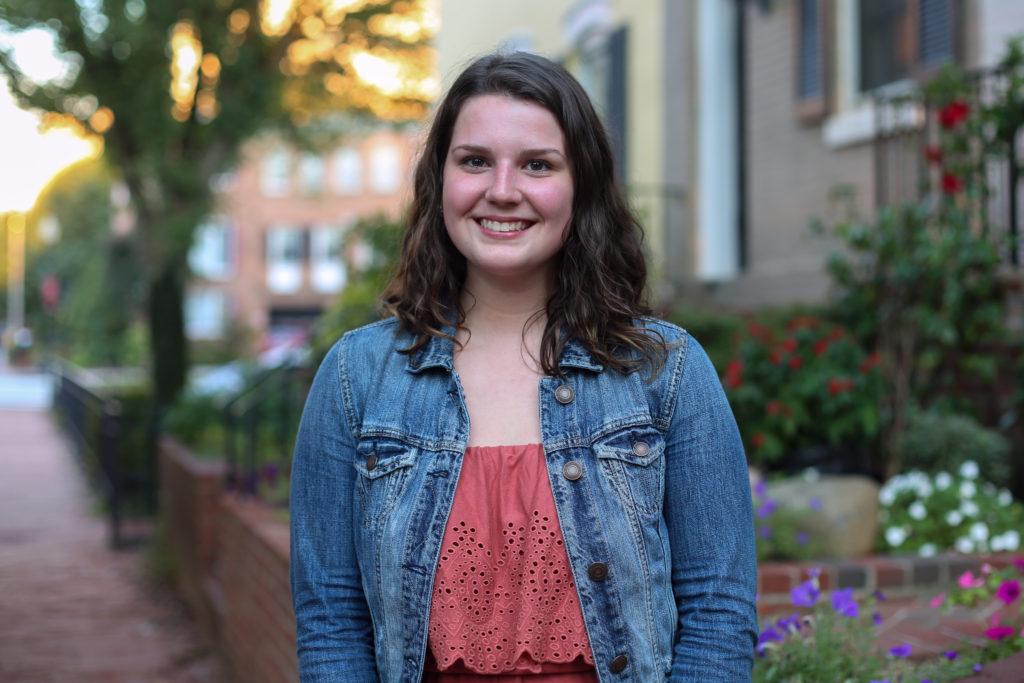As the school year begins, students are trying to build a bridge between the Foggy Bottom Campus and its neighbors.
Next month, the West End and Foggy Bottom Advisory Neighborhood Commission will team up with a new student organization to host a town hall on campus for students to voice concerns about issues in the neighborhood. The new organization, called the Student Neighborhood Advocacy Corps, aims to increase student involvement in local government and community events.
Jillian Wolons, a sophomore and a founder of the student group, said the organization will meet biweekly beginning Wednesday to brainstorm ideas about how students can get involved in the community and decide what ideas they want to lobby for in local government.
“There is an urgency for more student involvement in the greater D.C. community,” Wolons said in an email. “It is crucial for GW students to become more engaged and educated with what is going on so that they can have more of a voice and make a significant impact.”
She said the corps will recruit “community-oriented” student leaders and “drastically” increase civic engagement awareness on campus to create a more educated community in Foggy Bottom. Members of the corps advertised themselves at last weekend’s student organization fair and use Facebook and email to market their group to various student organizations.
Wolons said members of the corps will attend ANC and Foggy Bottom Association meetings and will regularly get involved with community service projects. She declined to say what the projects will include or how often they will be completed.
“Part of being active in the community is serving in it,” she said. “Those who have the opportunity to make a positive difference must do so.”
The group will also co-host a special ANC meeting on campus called “Advocating Before Local Government – a Town Hall” on Oct. 3.
James Harnett, a junior and ANC commissioner, said the meeting will show students how they can advocate for issues they are passionate about, like sexual assault prevention and environmental policy, on a local level.
“It’s an opportunity to bring together the communities that haven’t had a lot of interaction before,” he said. “Decisions are made by those who show up, and students too often haven’t.”
Harnett said he wants students to see how they can have an immediate impact on their surroundings if they are involved in local groups like the ANC. Harnett’s predecessor, Eve Zhurbinskiy, was also a student who stepped down before graduating last December.
Harnett said that when students share ideas with local government officials, they help inform decisions on topics that affect all of the Foggy Bottom community, like installing bike lanes on main campus streets or expanding green space.
“We won’t be students for long,” he said. “It’s important we focus on what comes next and on giving back to our city.”
Theo Leavell, a senior and another founder of the Student Neighborhood Advocacy Corps, said GW has hosts of political organizations and service fraternities that reach out to the neighborhood well, but there wasn’t previously a group dedicated to attending neighborhood meetings and hearing concerned citizens.
“There is a lot of focus on federal politics at GW,” Leavell said. “It’s really important for students to understand local issues and issues from the ground up as opposed to maybe from the top down.”
Riya Gavaskar contributed reporting.





